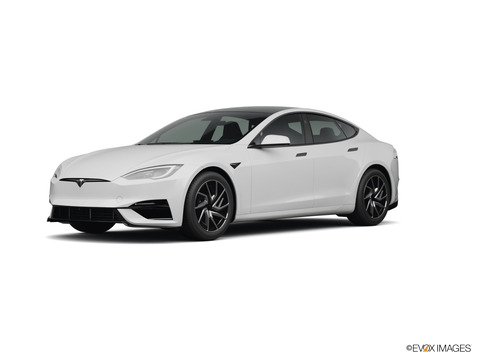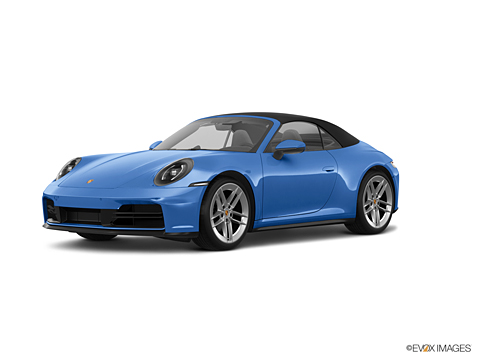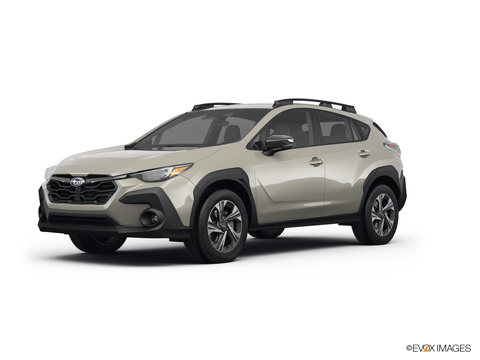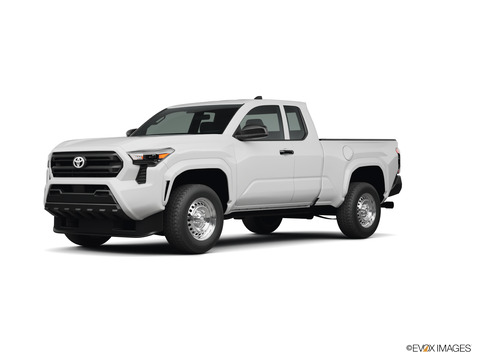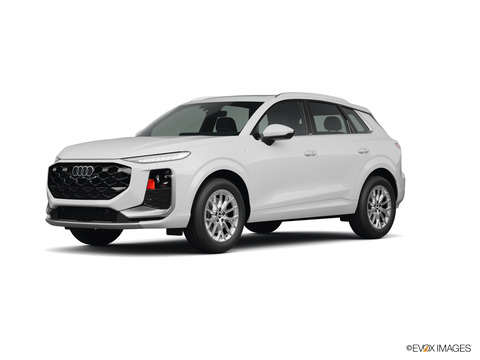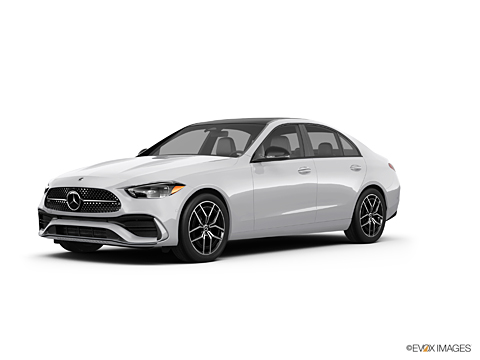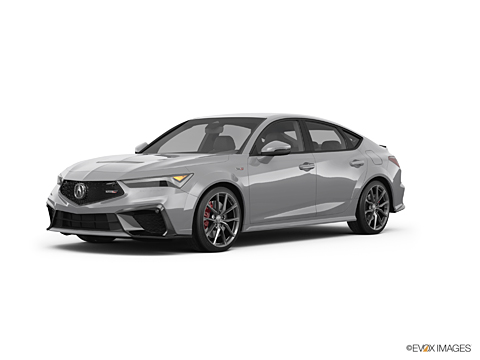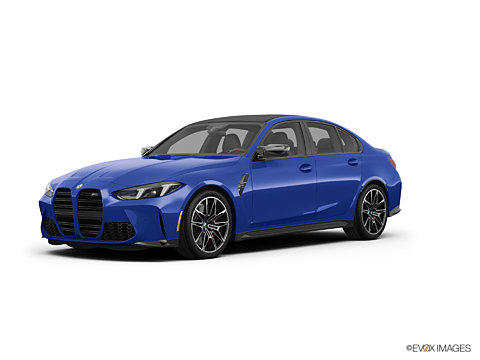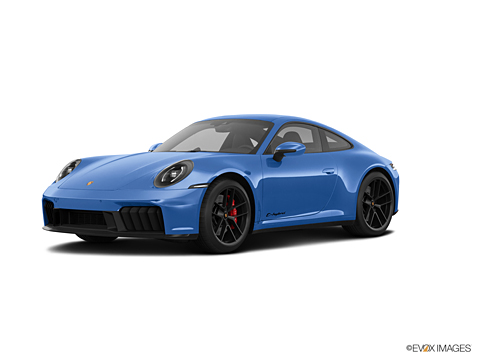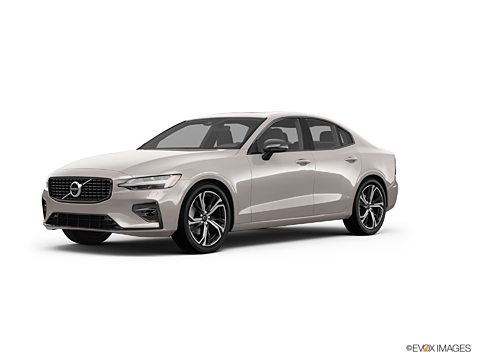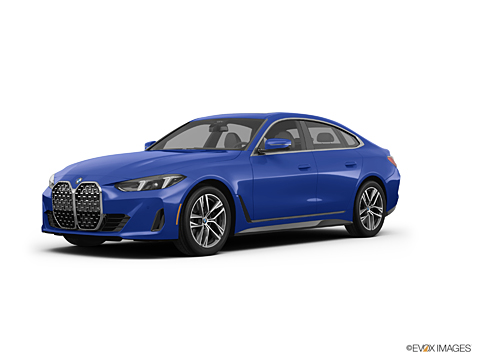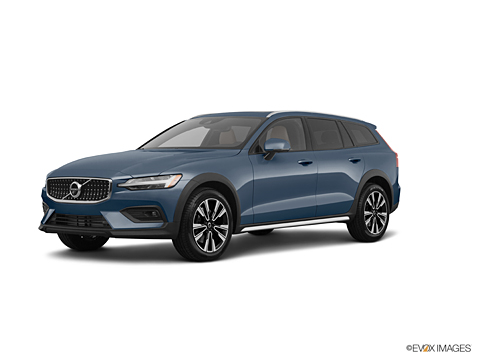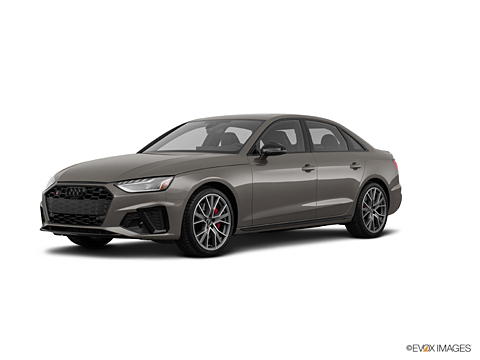
Best Luxury Cars for 2026
The best luxury cars are ranked based on a data-driven analysis of over 330 million vehicles' reliability, resale value, and safety.
Many lists ranking luxury cars may already exist, but those depend mostly on subjective editorial criteria. iSeeCars' Best Luxury Cars are ranked using a data-driven and objective methodology. By applying data science to over 330 million vehicles, iSeeCars analyzes each car to understand its reliability and how long-lasting it is, its safety, and how well it holds its value over time. Each luxury car is compared to others within its own category, and the best one in a given category is the model with the best ratings across these three key areas, summarized by the iSeeCars Quality Score. Here are the top models in each luxury car category:
The best luxury small and compact car is the Lexus IS 350 (8.4 quality rating), with the Mercedes-Benz E-Class being the best luxury midsize car (8.0 quality rating). The Lexus LS 500 ranks #1 for the best luxury large cars (7.8 quality rating).
The best luxury hybrid car is the Chevrolet Corvette (hybrid coupe) (9.3 quality rating) and the best luxury plug-in hybrid car (PHEV) is the Mercedes-Benz E-Class (Plug-in Hybrid wagon) (7.8 quality rating). Topping the list for the best luxury electric cars is the Tesla Model S (7.3 quality rating), while the Chevrolet Corvette (coupe) ranks first for the best luxury sports cars (9.5 quality rating).
The best luxury convertible is the Porsche 911 (convertible) (9.1 quality rating), with the Mercedes-Benz E-Class (wagon) being the best luxury wagon (8.2 quality rating).
How Does iSeeCars Determine the Best Luxury Cars?
iSeeCars’ Reliability Rating is a reflection of a vehicle’s long-term quality and durability. It is based on an analysis of each vehicle’s useful lifespan and its ability to last 200,000 miles or more. Reliability often translates to lower operating costs for a vehicle owner, as well as reduced time and energy spent visiting dealerships to address issues beyond scheduled maintenance.
iSeeCars’ Value Retention Score indicates how much market value a vehicle has after several years of use. This is typically the most expensive factor in vehicle ownership. Models that lose a substantial amount of value over time contribute far less to a consumer’s future trade-in value for their next purchase, or what the vehicle can be sold for in the used car market.
iSeeCars’ Safety Score comes from a standardized set of safety tests performed by the National Highway Traffic Safety Administration (NHTSA) and the Insurance Institute for Highway Safety (IIHS). These organizations perform comprehensive studies to determine the potential for occupant injury or death if a vehicle is involved in an accident.
For each model, the data related to these three components is aggregated across multiple model years and updated regularly. The data is combined to create iSeeCars’ Quality Score, and that quality score is compared across all models within a segment to determine the ranking for the Best Luxury Cars.
What Kind of Luxury Cars are Available?
Luxury cars are offered in varying sizes and body styles, and with several drivetrains that include hybrids, plug-in hybrids, and electric models. They typically include premium styling cues, such as sleeker profiles, larger wheels, and generally more sporty design features. These visual upgrades are supported by upgraded powertrain specs and tech features, reflected in higher horsepower figures, more advanced infotainment systems, and a superior driving experience.
For a long time the most prominent luxury vehicles were full-size flagship sedans. While luxury SUVs from brands like Range Rover have stolen some of their thunder in recent decades, enough luxury cars across the automotive landscape remain to satisfy premium customers seeking luxury accommodations in a non-SUV form.
What Type of Luxury Car Should I Buy?
Whether seeking high performance, high style, or high fuel economy, luxury shoppers should first decide on their desired form of luxury car. For example, premium sports cars from brands like Ferrari and Porsche possess powerful engines and deliver exceptional performance, but they aren’t very practical and, even by luxury car standards, have a high MSRP.
Luxury sedans offer a much better balance between premium and practicality. These models offer fully functional rear seats and can be equipped with all-wheel drive to take on inclement weather conditions. Luxury wagons are another option, providing many of the same traits as their sedan counterparts, but with more cargo capacity.
At the top of the luxury car price range are super luxury models like the Bentley Continental and Rolls Royce Phantom. These automakers don’t scrimp on material quality and often feature cutting edge touchscreen entertainment and seating technology to coddle back seat passengers. But these brands also cost multiple times the price of a typical German luxury car, forcing buyers to decide how much those exclusive badges are truly worth.
Buyers who want to combine premium transportation with maximum fuel economy should consider the growing field of hybrid, plug-in hybrid, and pure electric luxury models. Nearly every luxury brand offers at least one new car with hybrid technology, delivering better fuel efficiency and lower fuel costs than conventional cars with internal combustion engines. And if zero gasoline use is a luxury buyer’s goal, most of these premium brands have ventured into the electric car world in recent years, as seen in our EV rankings below.

How We Rank These Cars
iSeeCars Best Car Rankings are calculated based on the latest analysis by our data science team of more than 330 million cars.
The overall iSeeCars Quality Score combines analyses of these three factors: reliability, resale value, and safety. It is calculated based on the latest research and analysis by our data science team. The data analysis comes from over 330 million vehicles as reported in our Longest-Lasting Cars and 5-Year Depreciation Studies. These two factors are combined with NHTSA and/or IIHS Safety Ratings to determine a car’s Quality Score. Only cars with recent model years are included.
Each vehicle is rated on a scale from 1 to 10, with 10 being the highest Quality Score. Vehicles within a given category are sorted to show the highest-scoring ones first. If two cars have the same ratings, the tie is broken by the Reliability Rating, Value Retention Score, and Safety Score. iSeeCars displays comprehensive Quality Scores along with the subscores for each model because multiple factors should be taken into account when buyers are seeking the best overall vehicle.
Vehicles are scored in three categories:

Reliability
The reliability score represents an analysis of iSeeCars' proprietary research on the longest-lasting vehicles.

Value Retention
The value retention score is based on our data science team's statistical analysis and prediction of 5-year depreciation from MSRP to determine which cars hold their value best, using US Bureau of Labor Statistics data to adjust for inflation.

Safety
The safety score is calculated based on the last five years of crash test ratings from the National Highway Traffic Safety Administration (NHTSA) and incorporates the latest Top Safety Pick information from the Insurance Institute for Highway Safety (IIHS).






